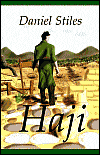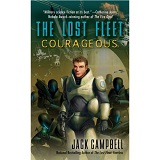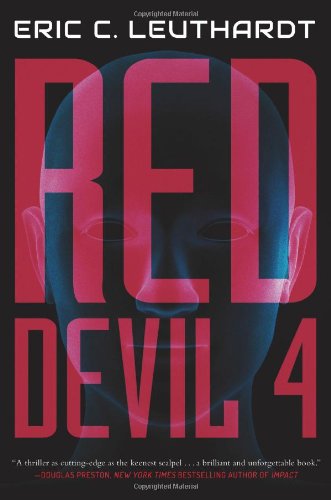
Titan, by Ben Bova
Book Review by Paul Weiss
In Earth's past, Australia was effectively a prison colony, a place for transportation of convicted felons to get them out of sight and out of mind, a place where misfits, recluses and hard-nosed independents could live or die on the strength of their own efforts, a place to which people with intractable problems could run away and start over. In Earth's future, Ben Bova has imagined a distant space habitat orbiting above the surface of Saturn's icy moon, Titan, which has much the same demographic - a ragtag motley crew of misfits and dissidents, sick and tired of a ham-fisted dictatorial theocratic government on earth, willing to pull up stakes and courageously start over in a bleak environment where the future is a blank slate waiting to be written.
Long-time fans of Bova's "Grand Tour of the Universe" series may remember the weakness in "Mercury", a rock-em, sock-em screenplay that was little more than a soap opera force fit into the environment of Mercury that gave scant attention to the science part of science fiction. "Titan" is the polar opposite, thankfully returning the theme of a tour of the solar system to center stage.
The complex, almost insurmountable engineering difficulties of managing a space-faring habitat such as the Goddard - shielding, food, insulation, waste and communication - are all examined in detail. The extreme hazards of navigation through Saturn's rings and landing on the surface of Titan are described with breathtaking foresight. Both the hardware and the software involved in a robotic surface rover, the Titan Alpha, are described with painstaking attention to the minutiae of problems that such a vehicle would be likely to encounter in its scientific explorations and data gathering mission.
But Bova hasn't neglected to examine the softer philosophical people issues of such an environment either. Just as with any revolutionary group that breaks away from their beginnings, the inhabitants of space habitat Goddard deal with issues of governance, democracy and the creation of a new constitution that is appropriate to their needs and their unique circumstances. Of course, they must perforce continue to deal as best they can with a continuing relationship with their progenitors, the governments that remain behind on the earth and the moon. On a more micro-level, "Titan" deals realistically with the day to day squabbles that would inevitably arise between differing groups in the habitat - men vs women, scientists vs engineers, governments vs citizens, the doers vs the grunts that are along for the ride, and so on.
One of the most interesting soft people issues that Bova injected into the story was the controversy surround a policy of "zero population growth". Clearly, Goddard's ability to handle a population has a distinct maximum determined by limited resources such as space, food, oxygen, waste turnover and so on. The conflict between the necessity for a ZPG policy and the natural drives of humans to procreate makes for some interesting philosophical discussion and debate.
Last but not least, there is that positively brilliant ending (Is it possible to smile and be slack-jawed with amazement at the same time?) Anyone who reads and enjoys both science and science fiction knows that the reality of the universe is far more complex and bizarre than any mere science fiction writer could possibly create. But Bova has done his best to hypothesize a future for mankind beyond imagining when a discovery is made in Saturn's rings that dwarfs the speculations of the best scientists that Goddard has to offer.
Truly, "Titan" is modern science fiction written the way the science fiction should be - hard, soft, exciting, cutting edge and thought provoking. Well done, Ben Bova.
Paul Weissgowhen your husband cheats
|
Click here to buy Titan, by Ben Bova on Amazon
|
Titan, by Ben Bova on Amazon

| More Books You Might Like |




